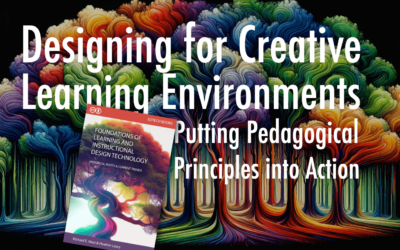My research and scholarship has mostly been in the area of educational technology – i.e. how to improve / facilitate learning through the use of technologies. David Brooks in his latest op-ed (The biggest issue) in the NYTimes flips this around somewhat. Citing research by Goldin and Katz he argues that over the past century there has been a “race between technology and education.”
This race has served America well — until recently. However, over the past couple of decades educational attainment has stagnated or slowed to a crawl. This is in contrast to many other countries where the opposite is true. And why is this important? As Brooks’ writes:
The pace of technological change has been surprisingly steady. In periods when educational progress outpaces this change, inequality narrows. The market is flooded with skilled workers, so their wages rise modestly. In periods, like the current one, when educational progress lags behind technological change, inequality widens. The relatively few skilled workers command higher prices, while the many unskilled ones have little bargaining power.
Thus the US is losing its edge over other countries in technological areas.
One way of improving education is by taking advantage of the potentials offered by new digital technologies. But this is where we come to the vicious cycle. Lower educational attainment leads to lower technological change, leading to social inequality, which means that these lower income schools have even less money for education and technology, which reinforces the trend towards lower educational attainment… and the cycle continues!!!


0 Comments